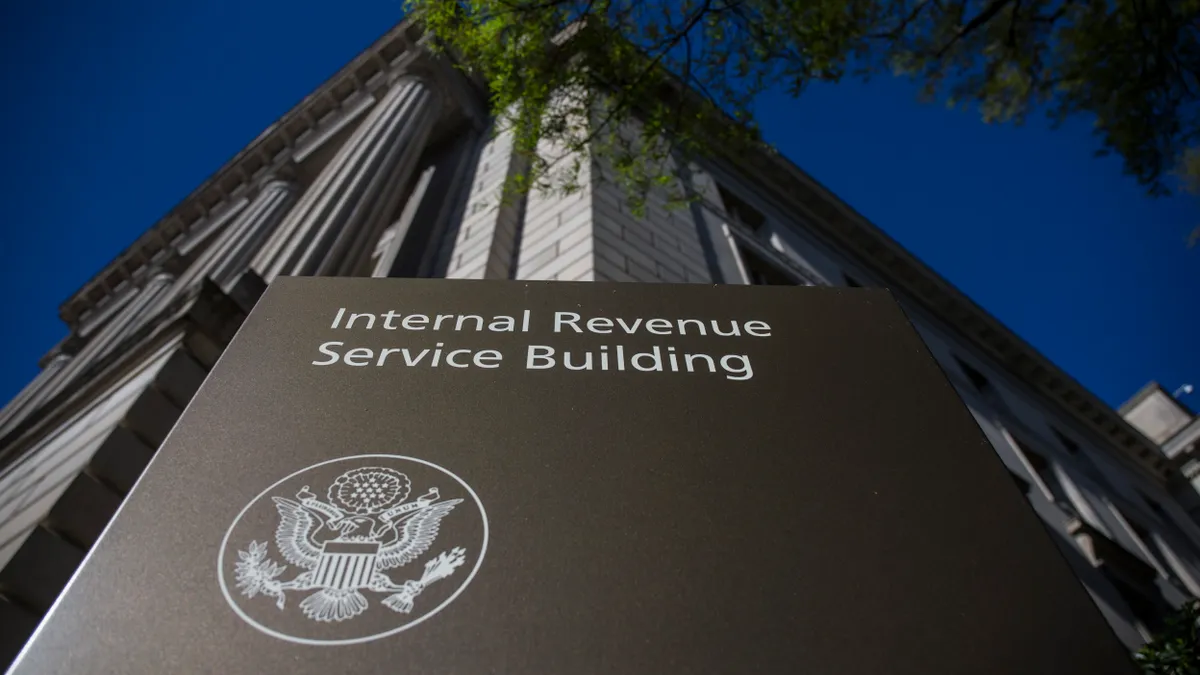Dive Brief:
- The Inflation Reduction Act’s (IRA) 15% corporate Alternative Minimum Tax (AMT) and 1% excise tax on share repurchases are not expected to “materially impact” U.S. corporate credit profiles, Fitch Ratings stated in a release Wednesday.
-
The ratings agency said it anticipates that incremental tax revenue from AMT, which broadly applies to companies with adjusted financial statement income of $1 billion or more, will have a modest negative impact on corporate free cash flow after dividends and that certain credit protection metrics that use after-tax cash flow metrics could be “modestly” affected.
-
“The Congressional Budget Office estimates that the AMT will generate $222 billion in tax revenue over 10 years. However, the AMT may not equate to materially higher cash taxes for some issuers, due to exemptions, tax credits, adjustments to book income and the ability to defer tax expenses,” Fitch wrote.
Dive Insight:
Fitch’s assessment comes as CFOs, accountants and tax-preparers are just beginning to grapple with the act’s tax implications, with the new 15% corporate minimum tax raising a number of concerns already.
While an estimated 150 or so large companies are expected to be subject to it, the AMT’s complexity will require financial executives at many more companies to prepare for it, Edward Karl, vice president of taxation at American Institute of Certified Public Accountants (AICPA), told CFO Dive last week.
Just after President Biden signed the broad health and climate legislation into law Ernst & Young fired off a letter Thursday to the U.S. Treasury Department asking for “immediate” guidance on how so-called split-off divestitures will be treated for the purposes of calculating whether a firm is an “applicable corporation” that is subject to the AMT.
Fitch’s analysis of the broader act was measured but it did not rule out all impacts. Rating actions precipitated by the new tax provisions are “not likely because they do not dramatically alter cash flow or capex priorities,” it said, adding that operating implications of IRA for the utility, healthcare and auto sectors differ.
It also stated that the new excise tax on company’s share repurchases is unlikely to alter financial strategies and decisions but noted that taxing share repurchases could “could incrementally increase the relative appeal of common dividends as a means of returning capital to shareholders.”
On a sector basis, Fitch also said it saw the law as “neutral” for US automakers as its new restrictions on tax credits related to buyer incomes and car prices are offset by the removal of a prior cap on the number of vehicles that are eligible each year.














